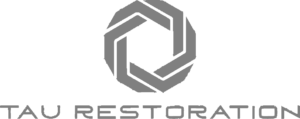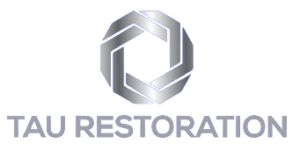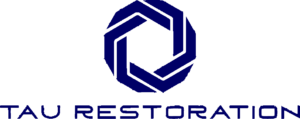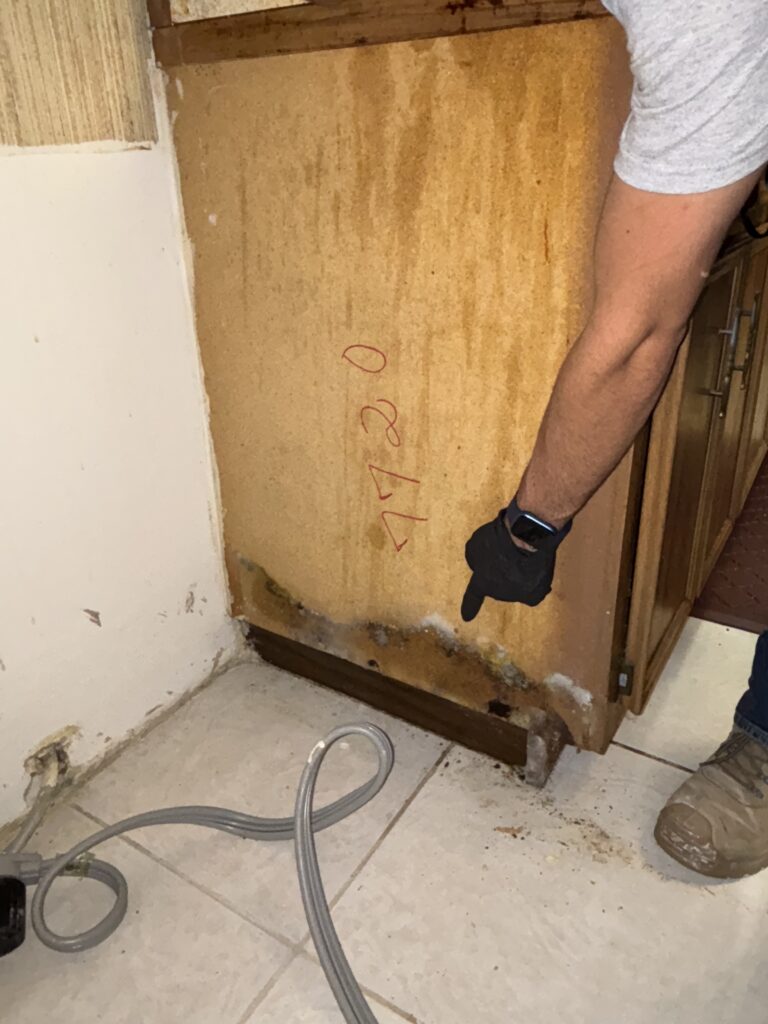MOLD REMOVAL IN ALTAMONTE SPRINGS
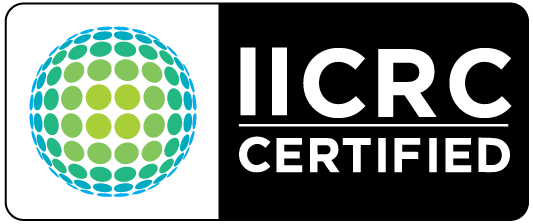
What is mold? And why is mold removal critical?
Mold refers to a type of fungus that thrives in moist environments and reproduces through lightweight spores which travel through the air. It’s typically caused by some type of water catastrophe.
Depending on the species, it can appear as fuzzy patches in various colors like black, green, or white. Mold can grow on almost any porous surface where moisture and oxygen are present. Such surfaces include drywall, ceilings, wood, carpet, and food.
As mold spreads, it breaks down organic matter, playing a crucial role in the ecosystem’s decomposition process. Indoors, however, mold growth becomes problematic because it can pose significant health risks.
The Dangers of Mold
Also, exposure to mold can lead to various health issues, particularly for those with allergies or respiratory conditions. Symptoms may include nasal congestion, throat irritation, coughing, wheezing, eye irritation, and skin rashes.
Certain molds produce mycotoxins, which are toxic substances that can cause severe reactions in some individuals. Prolonged exposure or high levels of mold can exacerbate asthma or other respiratory diseases.
Additionally, mold weakens the surfaces it grows on, potentially causing structural damage to buildings over time if left unchecked.
If growth continues for too long, this can dramatically reduce your property value.
The 4 Most Common Mold Types
- Cladosporium: This type of mold can appear in both warm or cold areas of the home. It often appears on fabrics, carpets, and wood surfaces.
- Penicillium: This mold is often found on water-damaged materials, wallpaper, carpet, and insulation. It can spread quickly, producing strong musty odors.
- Aspergillus: Aspergillus is a very common mold that can be found in many environments. It typically grows on dust, powdery food items, and building materials.
- Stachybotrys chartarum (Black Mold): This mold is less common than the others but is notable for its toxic effects. It typically thrives in areas with high humidity or water damage, such as on cellulose-rich materials like drywall, wood, or paper.
These molds can vary in their potential health effects. Therefore it’s essential to address mold problems promptly and appropriately to prevent health risks.
Do you need prompt mold removal In Altamonte Springs?
Prompt remediation of mold is crucial to mitigate health risks or prevent structural damage. If left unchecked, mold spreads quickly in moist environments and can infiltrate hidden spaces such as behind walls or under flooring. This makes it challenging to eradicate completely once mold takes hold.
Professional mold remediation services use specialized equipment and techniques to identify the extent of mold growth, remove affected materials safely, and treat the area to prevent recontamination. Addressing mold promptly not only protects the health of occupants but also preserves the value of your property.
In conclusion, mold is a common yet potentially hazardous organism that requires swift action when discovered indoors.
Understanding its nature, the associated health risks, and the importance of timely remediation can help homeowners and property managers effectively eliminate mold growth before it causes significant harm.
FREE INSPECTION REQUIREMENTS
✓ If you live within a 50-mile radius of Altamonte Springs, you qualify for a free mold inspection. Submit this form to start the process.
✓ If you’re located outside of that 50-mile radius, we collect a fee of $2 per mile of travel. If after the mold inspection and assessment you authorize us to complete the mold removal, we credit this fee towards your total invoice.
✓ Please note: All work must be authorized by the property owner. TAU Restoration is unable to proceed based on requests from tenants or third parties without direct approval from the legal owner of the property.
GET FREE MOLD INSPECTION !
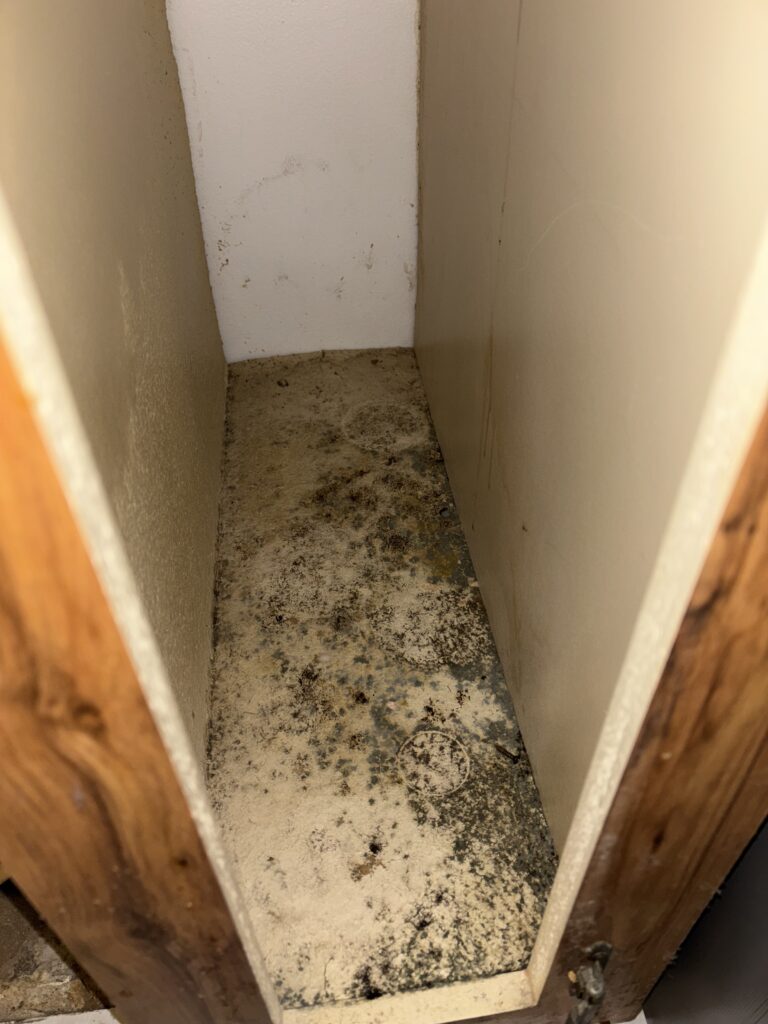
RESTORE YOUR PROPERTY
We specialize in restoring both homes and businesses, employing expertise and dedication to help restore your property to its pre-disaster condition. If you’re in need of Mold Removal in Altamonte Springs, contact us today. We’re here to help!
